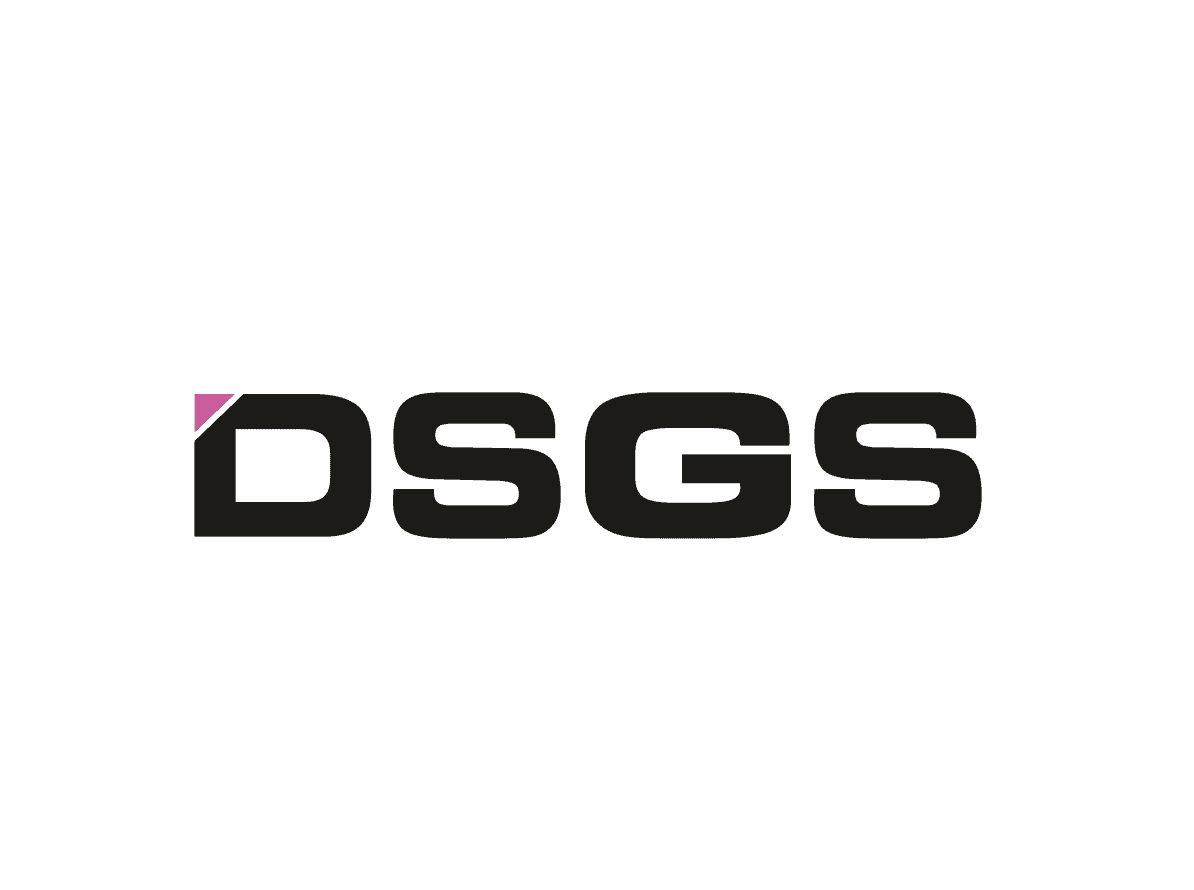02 Jan What are the subjects in MBA?

MBA comes with a pre-decided program architecture. This architecture sets the tone for the curriculum for students to pursue different courses. In most of the B-Schools in India, in the first two terms, general subjects like Perspective Management, Macro-Economics, Quantitative Techniques, Marketing Management, Organizational Behavior, Financial Accounting, and Operations Management are offered as preliminary subjects or courses. Later, students are introduced to specialized subjects such as B to B Marketing, Advanced Supply Chain Management, Decision Science, HR, and Geo Politics to name a few.
MBA program architecture is normally offered in three layers. The first layer would consist of general management subjects to make students familiar with fundamental concepts. The second layer would take students into special subjects of Finance, Marketing, HR, IT, Operations Management just to name a few. The third layer would consist of advanced subjects within specialization to immerse students into that field. Students would also undertake special capstone projects for about three to six months to exhibit their understanding of subject knowledge and its practical applications in the industry.
Capstone project comes in the penultimate term of MBA program wherein faculty members constantly guide and offer handholding to complete the project. Prior to the commencement of second year MBA Program, students would be offered 2-3 months summer internships with companies of their choice and specialization. During summer internships students get to know many practical problems and opportunities that exist in the corporate world. Summer interns are also guided regularly by both B-School faculty and industry guides through continuous mentoring processes.
Besides these courses, a few B-Schools create special engagement programs at the entry stage of their journey in the MBA institute. The special engagement programs are offered to students to make their MBA journey smooth without any glitches. For example, in special engagement programs, students are trained at Power Point Presentation skills, Written or Oral Communication skills, Business Case Learning skills and offered nuances of statistics, Accounting Economics for non-commerce students to make their learning more meaningful and effective.
-by Dr. Chidambaram Babu, Director


